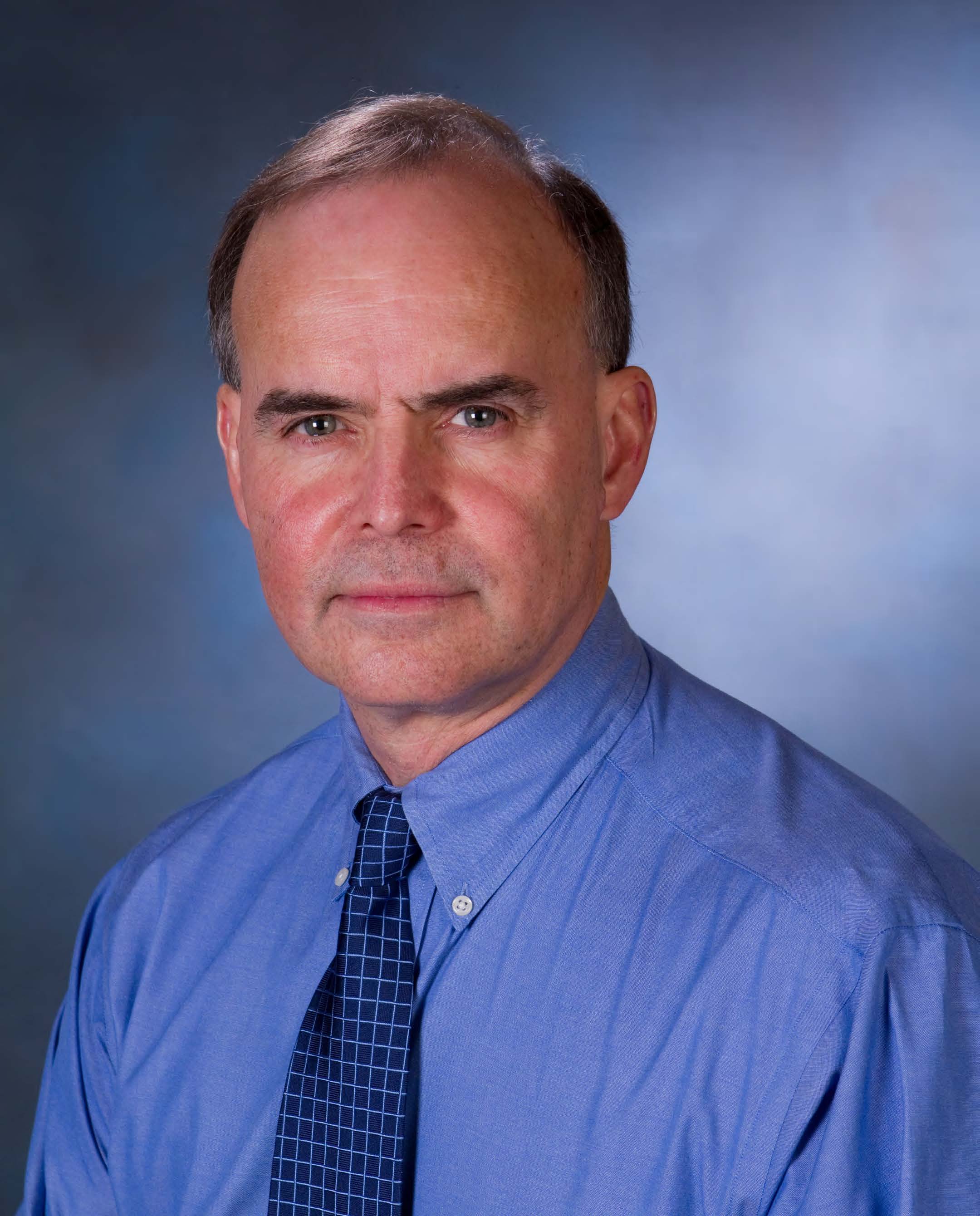Earlier this year, Elias Isquith offered an excellent take on politics and money that we don't often consider: the soul-selling part of life as a candidate in search of donations from the 1%-ers of the world. (Unless noted, quotes here are taken from that article.)
Those of us who might take a moment or two to consider what that aspect of campaigning must be like intuitively understand that most candidates exit the process--winners or not--having left at least a noticeable part of their basic decency and integrity in a back-alley trash bin. More often than not, that becomes clear once the elected official begins his or her work.
To most of us, it becomes evident quite early in too many victors' political lives that their mandates are not always or even usually the ones we expected or hoped for. Things are now different for them and for us. The democratic ideal of "Serving the people" erodes a bit more with each dollar exchanging hands between the wealthy few and political campaigns.
Thankfully, our conservative Supreme Court Justices are doing their part to make sure that that ideal remains a theory and not a common practice. In the awful, ignorant, and arrogant reasonings offered by them in the Citizens United decision, the recent McCutcheon debacle cemented that assessment. Politics is a money game first and foremost--second and third, too. The problem is apparent to anyone pausing for even a moment to consider how that plays out in the real world, as it has been for years now.
The wealthy are different from the rest of us. They think differently (often viciously and ignorantly so), their needs are different, their world views are different, and the sense of entitlement too many on the Right ascribe as a failing of the less-fortunate is instead the guiding light for the 1%-ers.
It's demoralizing. But we can accept this state of affairs as inevitable--something over which we have no say--or we can all (not just the misguided Tea Partiers) "take back" our country.
It is surely a grand ambition--idealistic by several magnitudes. Duly noted. Not easy nor resolved quickly or smoothly either. There are risks to those who decide that speaking up and against the incremental destruction of democracy's foundations has gone far enough.
[M]ore than a quarter of all the disclosed political donations in the 2012 election (nearly $6 billion) came from a mere 31,385 people.
Ponder that for a moment.
Since the very lifeblood of American politics is money, this infinitesimally small group of Americans wields an outrageously disproportionate amount of influence. These are the people any aspiring politician has to cozy up to, the people a would-be president has to massage, charm, humor and indulge.
One can only imagine how dispiriting it must be (and the conflicts that ensue from those who genuinely seek elected office to "serve the people") to genuflect in the direction of those completely disconnected from everyday life for the hundreds of millions of Americans not in that select and narrow-minded group. How does one reconcile honorable intentions to seek elected office when that very ambition depends on serving a limited number of constituents who have little interest in or concern for the well-being of the vast majority?
So what to do?
We can first become more aware of this process--not just intuitively, but invest just a few moments carved from the demands of the day already overloading us to appreciate what is happening "out there." That "out there" matters. Perhaps the effects aren't felt immediately, but decisions rendered to favor the few at the expense of the many eventually land on all of us. Every day that we resign ourselves to "the way it is" puts us all one day further-removed from having a say in how decisions affecting all of us are made and play out.
Large checks pay for a lot of commercials (too often at least a good leap away from the facts and truths). But votes still matter, too. While the efforts continue to chip away at that most basic of democracy's benefits and foundations, it hasn't been stripped away from (most) of us. More voices can make a big difference when competing against louder, wealthier, but far fewer other voices.
[From Anne B. Ryan]: We cannot all be official, designated leaders, but if leadership is about taking risks and bringing other people along in a new vision, then we can all do it. We need to rid ourselves of the idea that only experts can lead us. A leader is anyone who wants to help and leadership is an everyday thing, not something apart from day-to-day living. It's not confined to those who have decision-making power in institutions or states. We can all, irrespective of age, occupation or role, regularly ask questions about how we should live, what is good, how we can achieve well-being for everybody, how we can respect the earth and how we can take the long-term view and try to see the whole picture. We can engage in conversation with others about these issues. A society that does not cultivate the art of asking questions cannot count on finding answers to its most pressing issues.
We still have choices.





